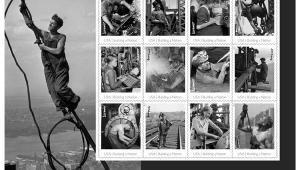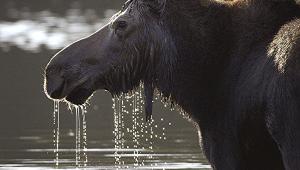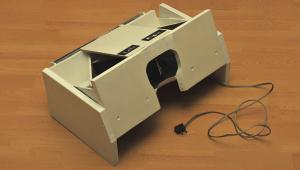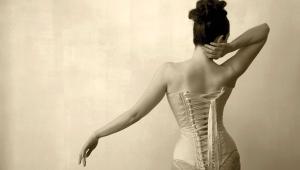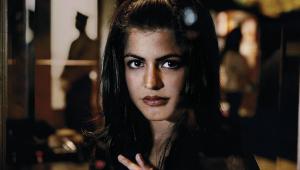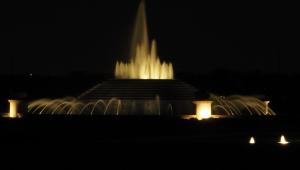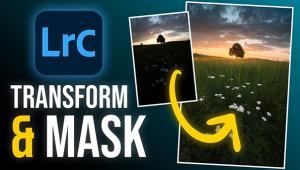Abstract Vision; Drawing Surprising Images Out Of Ordinary Situations
In 30 years of taking photographs I have always been more or less indifferent to the camera I use. Various instamatics have been my mainstay, and sometimes I end up using a disposable camera. I have nothing against a good camera: I own one (with only a 135mm lens), and sometimes borrow others. The indifference to the camera comes from the fact that the images that attract me are often patterns of form and color that manage to come through even in a grainy and noisy print.
 |
 |
|
|
||
I tend to shun people, landscapes, and exquisite close-ups for images I see
lurking behind a building, under a bridge, or in a puddle. Something quite insistent
draws me to unlikely places and improbable subjects. Reflections, especially,
are intense bursts of color that glow for me like hidden nuggets. What is serious
about photography for me is paying careful attention to this insistent summons.
I am not proud of my relative technical ignorance of photography. At the same
time, when I am roaming for images, the activity of looking, pursuing, and framing
is intense enough that considerations of camera settings are a distraction.
 |
 |
In my career in mathematics, technical details play a very different role
than in photography. For me, the essence and soul of mathematics resides precisely
in using its technical power and tools to reveal fascinating things.
In spite of this difference, there is something common to my involvement in
mathematics and photography. It is subjective, mysterious, and emotional, but
nevertheless is, in each case, the most important element. In mathematics I
take great pleasure in pulling hidden but surprising mathematics out of ordinary
problems. In photography I take a similar pleasure in drawing hidden but surprising
images out of ordinary situations.
 |
 |
If you would like to see more of Dick Stanley's photography, be sure to send him an e-mail at: stanleyd@berkeley.edu.
 |
 |
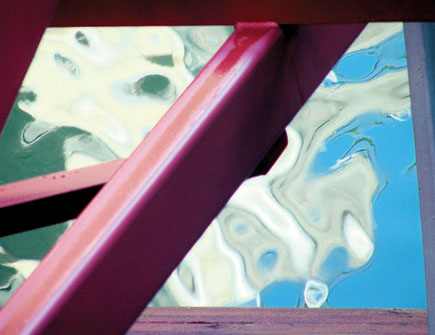 |
 |
 |
 |







